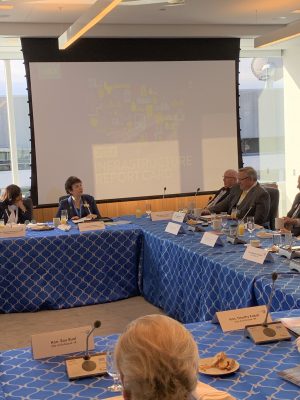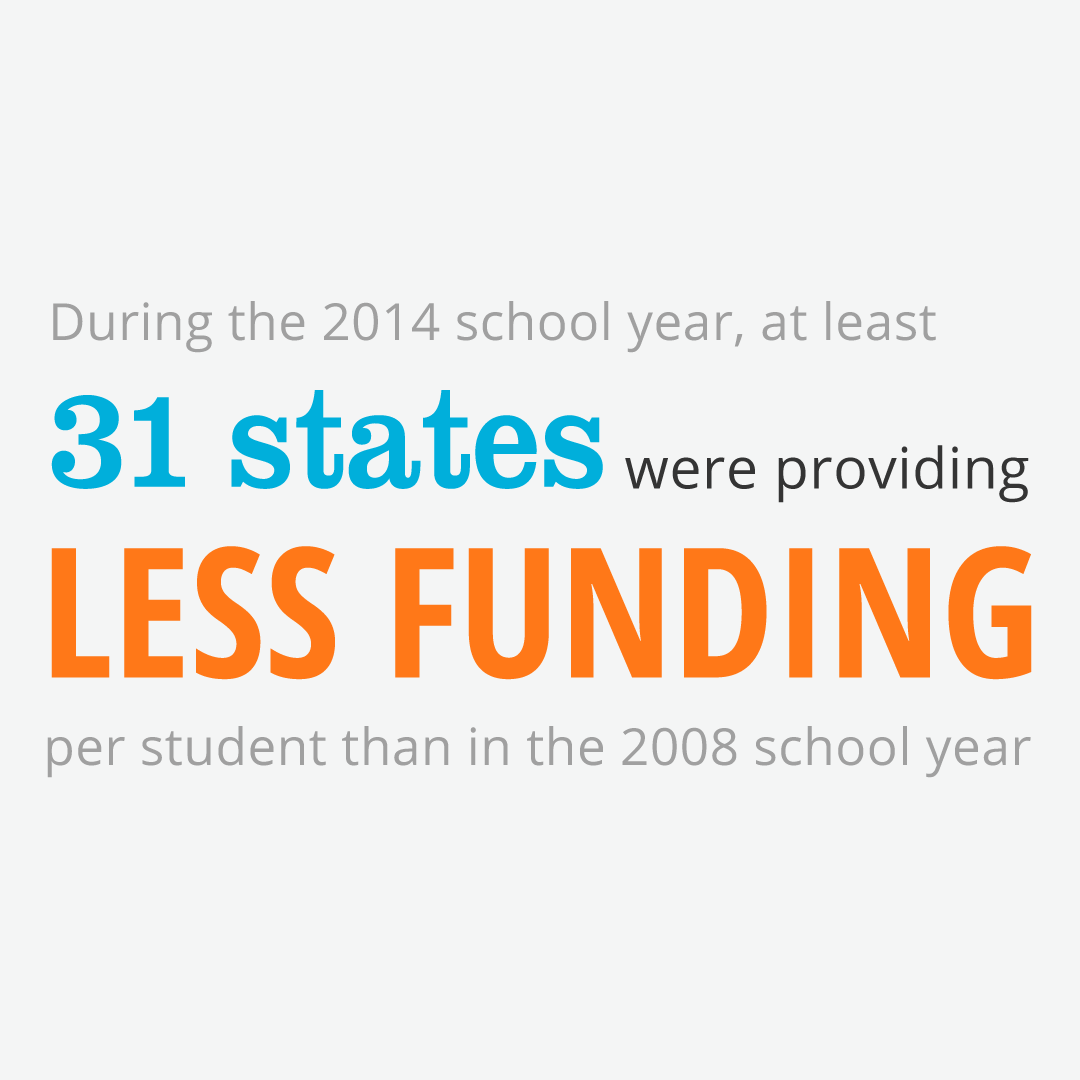This week, 2019 ASCE President Robin A. Kemper, P.E., LEED AP, F.SEI, F.ASCE gave keynote remarks regarding resilience at the Mississippi River Cities and Towns Initiative’s (MRCTI) 2020  Capitol Hill Meeting. “Since 2012, the MRCTI has been promoting economic and environmental security and stability along the Mississippi River. The MRCTI builds the capacity of member mayors, empowering them with tools and support to undertake effective local initiatives which attract green jobs, move towards sustainable economies, and achieve local environmental protection goals.” Ms. Kemper’s remarks focused on ASCE serving as a lead advocate for sustainable and resilient infrastructure and how investments in resilient, nature-based, and/or green infrastructure systems provide cost-competitive solutions for many of the challenges facing communities along the Mississippi River.
Capitol Hill Meeting. “Since 2012, the MRCTI has been promoting economic and environmental security and stability along the Mississippi River. The MRCTI builds the capacity of member mayors, empowering them with tools and support to undertake effective local initiatives which attract green jobs, move towards sustainable economies, and achieve local environmental protection goals.” Ms. Kemper’s remarks focused on ASCE serving as a lead advocate for sustainable and resilient infrastructure and how investments in resilient, nature-based, and/or green infrastructure systems provide cost-competitive solutions for many of the challenges facing communities along the Mississippi River.
Coupled with the challenge of aging infrastructure is the occurrence of increasingly frequent and severe weather events, including flooding, which many Mississippi River cities face. Last June, the Mississippi River climbed to its second highest crest since records began in the 1700s, and disasters are becoming deadlier and costing communities across the country millions of dollars in damages, forcing families to move, and hurting businesses and farmers. However, an ounce of prevention is worth a pound of cure. For example, according to the National Institute of Building Sciences, every dollar spent on pre-disaster mitigation and preparedness saves six dollars in rebuilding costs after a storm.
In an effort to help overcome these obstacles and create more resilient communities, last year ASCE endorsed H.R. 3779, the bipartisan Resilience Revolving Loan Fund Act, and has been collaborating with the MRCTI and the U.S. Chamber of Commerce to garner support for it. Introduced by Rep. Angie Craig (D-MN) and Rep. Rodney Davis (R-IL), this bill ensures that funds are available for communities before a disaster strikes so that they can harden their infrastructure against future disasters rather than wait for FEMA dollars in the aftermath of destruction. The program essentially cuts the red tape so states and localities can have flexibility to respond to mounting disaster impacts without paying high interest rates to invest in their communities. The bill passed out of the House Transportation & Infrastructure Committee last fall and awaits a vote on the full House floor; it has not yet been introduced in the Senate.
Ms. Kemper spoke about the other resilience measures in ASCE’s toolkit, including the use of life cycle cost analysis; the development, adoption, and enforcement of a national model code; greater adoption of ASCE codes and standards; the support for the Disaster Recovery Reform Act and its new national Pre-Disaster Mitigation account; ASCE’s 2018 Manual of Practice 140, Climate Resilient Infrastructure: Adaptive Design and Risk Management; and ASCE’s soon-to-be-released performance-based sustainability standard, among others. Late last year, ASCE submitted comments to the House Select Committee on the Climate Crisis with recommendations for how to address climate change’s infrastructure challenges.
Finally, Ms. Kemper noted that resilience is so important to our nation’s infrastructure that it’s one of the eight key criteria used for assessment in our Infrastructure Report Card. One of the 2017 Infrastructure Report Card’s key solutions is the need to prepare for the future, which includes considering how to utilize new approaches, materials, and technologies to ensure our infrastructure is more resilient and can recover quickly from significant weather events, as well as supporting research and development into innovative new materials, technologies, and processes that can modernize and extend the life of infrastructure, expedite repairs or replacement, and promote cost savings.
ASCE looks forward to continuing to partner with the MRCTI and the U.S. Chamber of Commerce to get the Resilience Revolving Loan Fund Act across the finish line and to help provide innovative solutions to communities across the nation, including those along the Mississippi River, to shore up resilience, protect lives and property, and prevent federal disaster spending in the future.























































